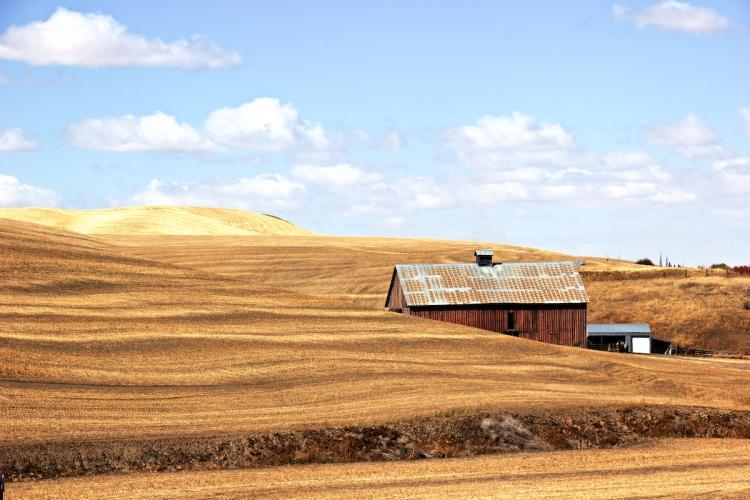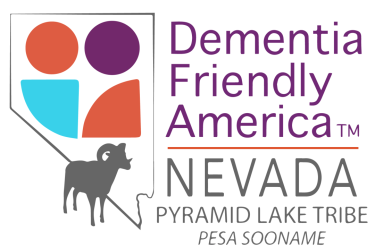As published in Dimensions Magazine - Winter/Spring 2022
A dementia-friendly community is one in which people with memory loss and their loved ones are respected and included and can participate confidently in community life. One panel at the Memory and Brain Wellness Center’s Collaborating for a Dementia-Friendly Washington: Expanding Possibilities Conference on September 14 explored Indigenous perspectives on dementia and dementia-friendly communities.
Panel moderator Ka`imi Sinclair, PhD, MPH (Western Cherokee), Associate Professor and Co-Director, WSU Institute for Research and Education to Advance Community Health, opened by first paying respect to our Coast Salish elders and welcoming three panelists who have decades of experience working in the field of Indigenous aging. They discussed the questions: How is memory loss or dementia perceived or viewed among Indigenous people in general, in your experience? How are older Indigenous adults living with dementia woven into their communities, or not? What would an Indigenous dementia-friendly community look like? Have you seen any examples?
Here are some takeaways from the panel!
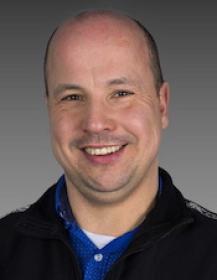
Jordan P. Lewis, PhD, MSW (Aleut) Associate Director of the Memory Keepers Medical Discovery Team / Professor, Department of Family Medicine & Biobehavioral Health, University of Minnesota Medical School
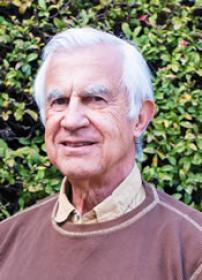
Dave Baldridge (Cherokee Nation) Executive Director, Co-Founder, International Association for Indigenous Aging
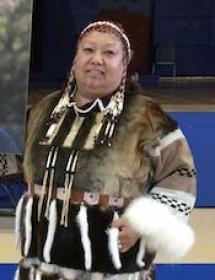
Becky Bendixen (Unangax) Tribal Program Specialist, Wisdom Warrior T-Trainer, Northwest Regional Council
Different understandings of dementia and changing perceptions
The panelists discussed a wide variety of understandings of dementia within Indigenous communities and families, and highlighted areas of unmet need. Dr. Jordan Lewis takes his knowledge from research studies in his group: “What we’ve learned from our research studies in cultural constructions of aging is that a lot of different families and culture groups have different understandings of dementia. Younger generations may be more aware of medical models of cognitive health and have a different perspective on how communities can work with people with dementia. Older adults often see dementia as a natural process of aging. If a person with dementia attributes it to bad behaviors when younger, kids can internalize it, or develop that the condition is contagious. I think the health care system would benefit from learning different cultural perspectives on dementia and integrating that into the health system.”
Becky Bendixen sees hopeful changes in her own community in Bellingham, WA: “I see confusion and anger about what is happening among Indigenous people who experience dementia. They may not speak of ‘dementia’, but will say ‘crazy’. But, In the past few years, it’s been changing, and I see more understanding that dementia is not a choice—it’s real and it’s a disease. I see tribal clinic and elder coordinators make a protective circle around the elders living with dementia. So, I think we are headed in right direction.”
Dave Baldridge widened the focus to include the relationship between families and medical professionals: “Our nonprofit team conducted a national survey of Title VI Directors and Tribal Health Directors, and what we learned is that there is an enormous amount of denial around the condition. Concern for privacy is an important barrier to people being open to sharing. There are few programs on the ground sponsored by the tribes to help families struggling with dementia. The local medical community has been slow to respond to dementia-related issues, and they are overwhelmed with Covid-19.”
Community health representatives are a critical, under-recognized Indigenous community resource
Community health representatives are frontline public health workers who are trusted members of the community with a close understanding of the local community, language, and traditions. They serve as a link between the clinical setting and the community to facilitate access to services and assist many to meet their healthcare needs.
Through the Wisdom Warriors elder health intervention program, Becky Bendixen has worked to educate and train community health representatives to spot signs of dementia. “The training helps the community health representatives to notice the overall health of elders and focus on dementia. We need more urban centers that engage in healthy aging and dementia. There’s a lot of work to be done!”
Dave Baldridge explained why community health representatives are uniquely positioned to help with dementia awareness and care: “Because dementia is behavioral in its expression, the community health representatives are most likely to see signs of dementia first. They step up to the plate and provide some outreach and services for their elders. Their ability to be involved with dementia issues varies with the tribe they work for, but I think community health representatives, with eyes on the ground, are an under-recognized resource and one we could be making more use of.”
Related resources
- Resources for Community Health Representatives from the UW Alzheimer's Disease Research Center's Indigenous Aging Webpage
- A Call to Action: Alaska’s 10-Year Map to Address Alzheimer’s and Related Dementia
Examples of growing success in dementia-friendly community outreach
The panelists shared examples of what an Indigenous dementia-friendly community looks like. “An example of dementia-friendly community I’ve seen is a tribal nation here in Minnesota that has every 5th and 6th grade class take a dementia training class because they are becoming family caregivers for their grandparents at home,” said Dr. Jordan Lewis. “They are trained to know basic behaviors, warning signs, how to help with things and not go home and be scared, and how to ask for help.”
Lewis also mentioned that the Title VI Elder Nutrition Program can go beyond delivering meals to elders and also look out for basic warning signs of dementia and, if needed, alert the family or the Title VI office. “What I would like to see in a dementia-friendly community is that everyone be aware of what dementia is and not be afraid to offer help to older adults or younger adults affected by dementia.”
Becky Bendixen gave advice on creating valuable community programs or support groups for elders living with memory loss: “Make it simple and easy and relevant to the culture we are dealing with. We do it using our food, language, our history, and our culture. We don’t say we are going to 'a chronic health self-management program', we say we are going to 'a Wisdom Warrior meeting'. Support group is not a fun word. What’s another word for support group that doesn’t make it sound like you need help?”
Highlighting examples of success, Dave Baldridge encouraged all those interested to check out Dementia Friendly Nevada, a community action group that is co-facilitated by Dr. Jennifer Carson, Director of the Dementia Engagement, Education and Research Program, University of Nevada Reno and Carla Eben, Director of Numaga Senior Services, Pyramid Lake Paiute Tribe.
The panel also recommended exploring the Banner Alzheimer Institute’s Native American Outreach Program, which offers many community and caregiver services and resources.
